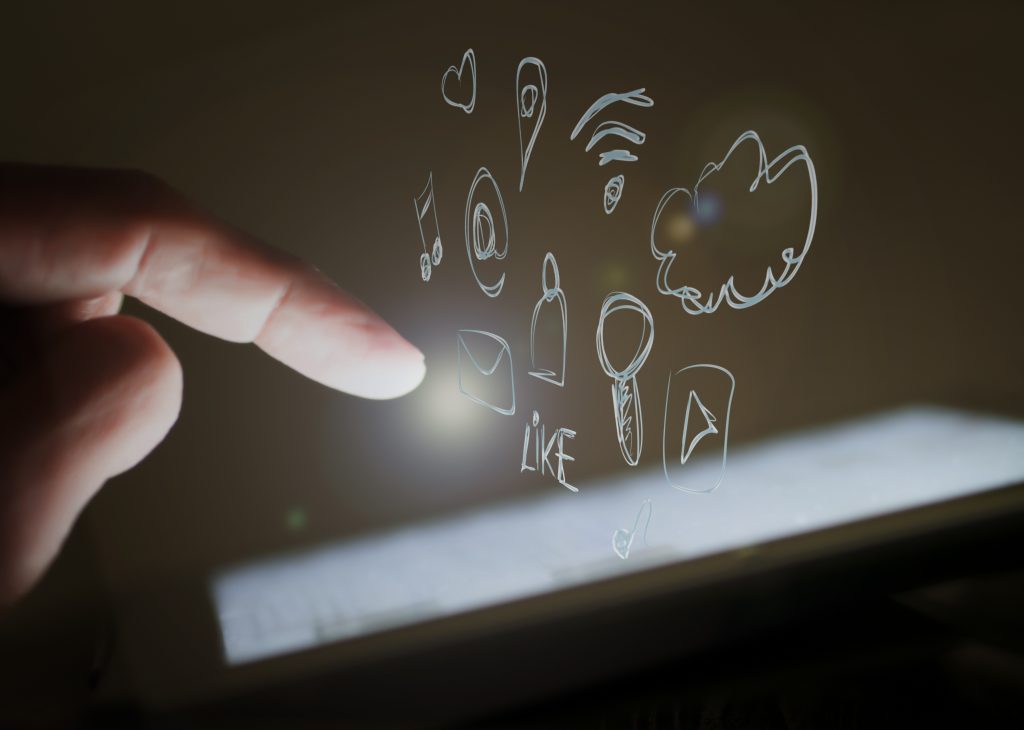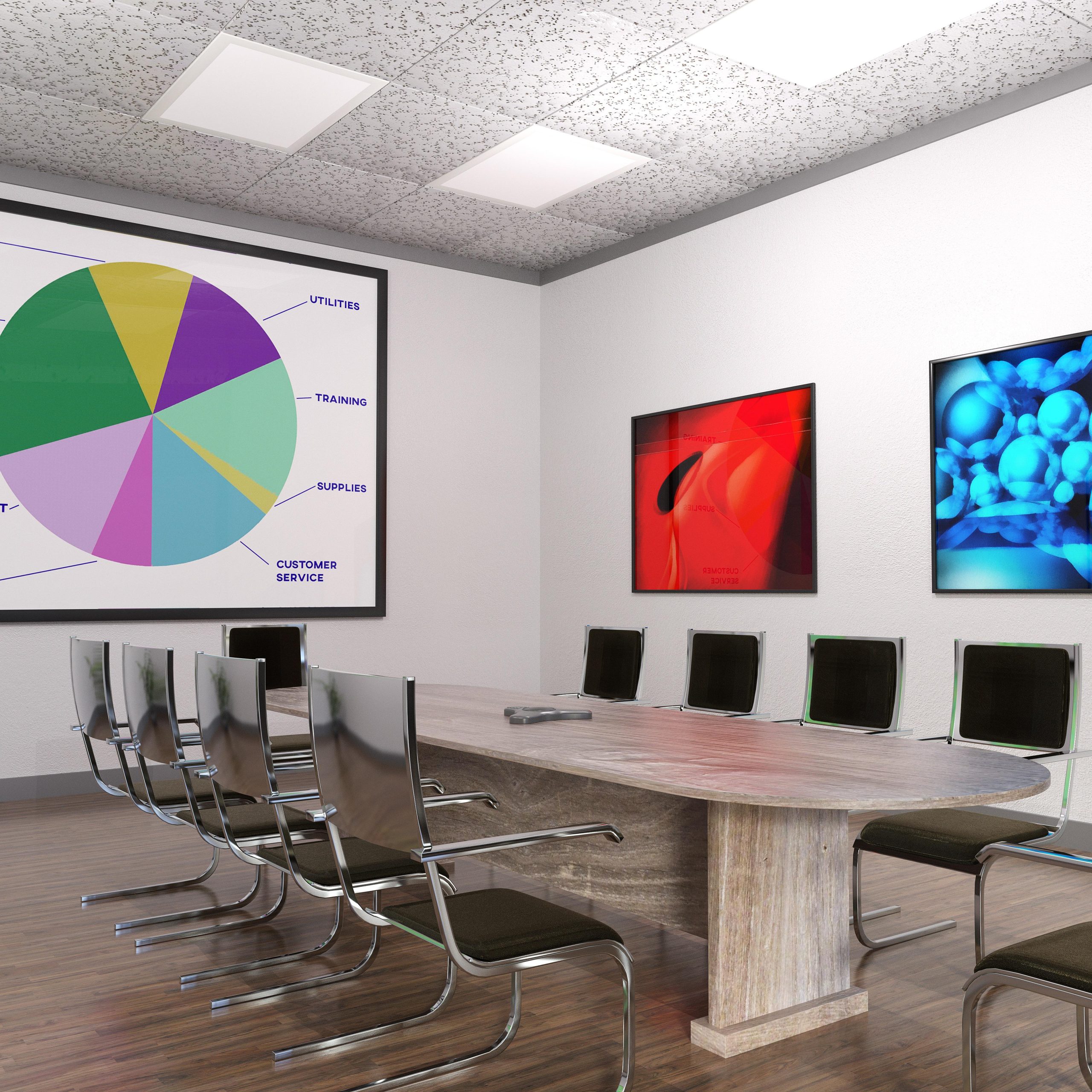In recent years, mental health has moved from being a silent struggle to a global conversation—and social media plays a big role in this transformation. Platforms that were once used mainly for entertainment and social updates have become powerful spaces where people share their stories, support one another, and raise awareness about mental health issues.
But just like a double-edged sword, social media can both help and harm mental health. While it provides a platform for awareness and community support, it also presents challenges such as comparison, cyberbullying, and misinformation.
This article explores the role of social media in mental health awareness, its benefits, drawbacks, and how individuals and organizations can use it positively.

The Rise of Mental Health Conversations Online
Not too long ago, conversations about mental health were considered taboo. Many people avoided seeking help out of fear of being judged. Social media has changed that by:
- Giving people a voice to share personal experiences.
- Normalizing mental health discussions.
- Spreading awareness about conditions like anxiety, depression, and burnout.
- Making support and resources more accessible.
Hashtags such as #MentalHealthAwareness, #EndTheStigma, and #SelfCare have turned into global movements, encouraging millions to open up and support each other.
Positive Impacts of Social Media on Mental Health Awareness
1. Reducing Stigma
When public figures, influencers, and everyday people share their mental health struggles, it helps break down stigma. These stories remind us that mental health challenges can affect anyone.
2. Access to Resources
Social media connects users to resources like hotlines, therapy apps, and educational content. For those who may not know where to start, these links can be life-changing.
3. Building Supportive Communities
Platforms like Reddit, Facebook Groups, and TikTok communities provide safe spaces where people can connect with others who understand their struggles. Sharing experiences reduces feelings of isolation.
4. Mental Health Campaigns
Organizations and non-profits use social media to run campaigns that reach millions, spreading knowledge about symptoms, treatments, and ways to seek help.
5. Encouraging Self-Care
Wellness influencers and therapists on platforms like Instagram often share practical tips for managing stress, improving sleep, and practicing mindfulness.
Negative Impacts of Social Media on Mental Health
While social media raises awareness, it also has risks that should not be ignored.
1. Comparison and Low Self-Esteem
Constant exposure to highlight reels—perfect vacations, flawless selfies, and success stories—can create unhealthy comparisons. This often leads to feelings of inadequacy or low self-worth.
2. Cyberbullying and Harassment
Negative comments, online shaming, and bullying can significantly harm mental health, especially among teens and young adults.
3. Misinformation
Not all mental health advice online is accurate. Some influencers may promote harmful practices or oversimplify complex conditions, leading to confusion.
4. Screen Addiction
Spending excessive time online can worsen anxiety and depression, disrupt sleep, and reduce real-life interactions that are crucial for mental well-being.
Finding Balance: Using Social Media Mindfully
Social media itself isn’t the problem—how we use it makes the difference. Here are strategies for creating a healthier relationship with social media:
1. Curate Your Feed
Follow accounts that uplift and educate, and unfollow those that trigger negativity or unhealthy comparison.
2. Limit Screen Time
Set daily time limits for social media use. Apps like Instagram and TikTok even allow you to track and restrict time spent on the platform.
3. Verify Information
Always cross-check mental health advice with reliable sources like mental health organizations, licensed professionals, or scientific research.
4. Engage, Don’t Just Scroll
Participating in positive discussions or offering support is more beneficial than passively scrolling through content.
5. Take Digital Detoxes
Short breaks from social media can refresh your mind and help restore balance between online and offline life.
How Organizations Can Use Social Media for Mental Health Awareness
Businesses, schools, and non-profits can play an important role in promoting mental health awareness online. Here’s how:
- Educational Campaigns: Share infographics, videos, and articles about mental health topics.
- Promote Helplines: Highlight crisis hotlines and professional resources.
- Encourage Open Dialogue: Create safe online spaces where people feel comfortable sharing.
- Collaborate with Experts: Partner with mental health professionals to provide accurate information.
- Celebrate Awareness Days: Use global observances like World Mental Health Day to amplify campaigns.
The Role of Influencers and Public Figures
Celebrities and influencers have a powerful influence over public perception. When they share their own struggles, it sends a message that mental health challenges are normal and worth addressing.
For example, when athletes talk about burnout or musicians share their battles with anxiety, it inspires fans to seek help and reduces stigma.
Case Study: Social Media Campaign Success
One notable example is the #BellLetsTalk campaign in Canada. Every year, the telecom company Bell donates money to mental health initiatives based on the number of times the hashtag is used.
This campaign not only funds programs but also sparks millions of conversations about mental health globally, proving that social media can drive real-world change.
The Future of Mental Health Awareness on Social Media
As technology evolves, so will the role of social media in mental health. With the rise of AI, virtual communities, and digital therapy, online platforms may become even more integral in providing mental health support.
However, this also calls for stronger regulation to ensure that harmful content, misinformation, and cyberbullying are minimized.
The future lies in using these platforms responsibly—balancing awareness with protection.




